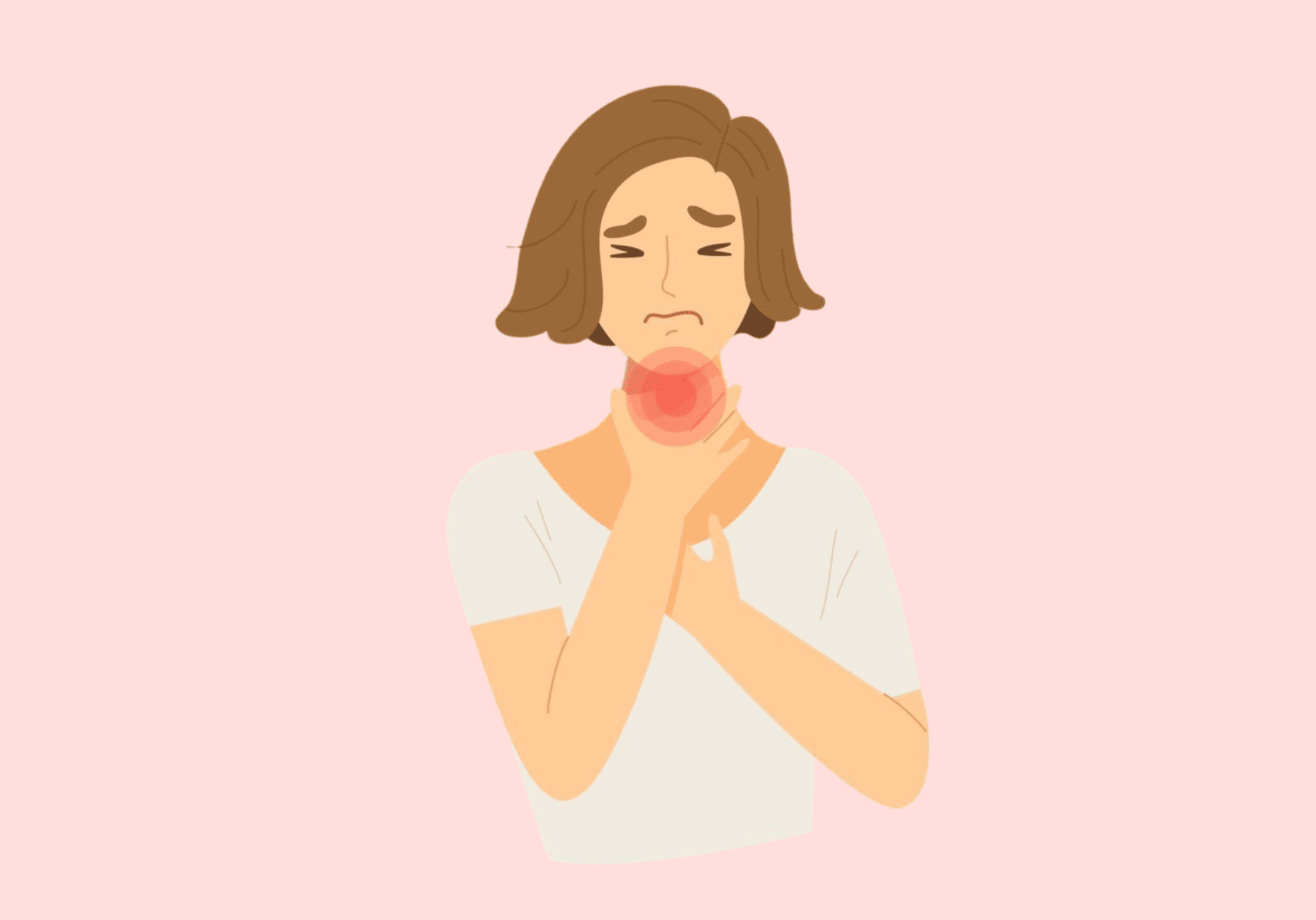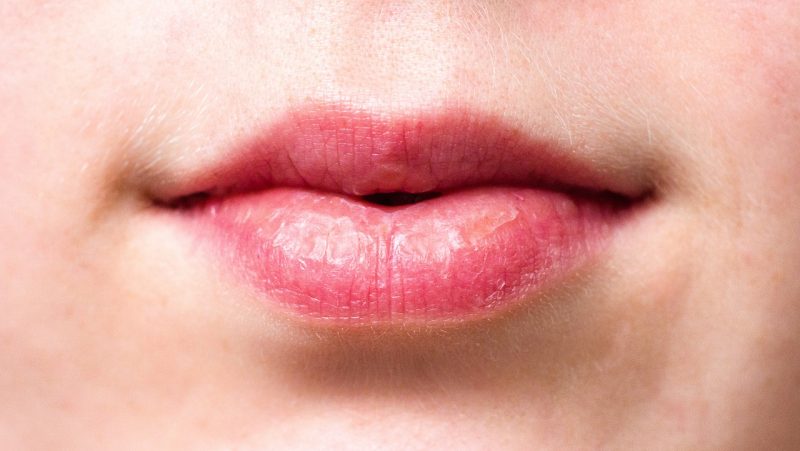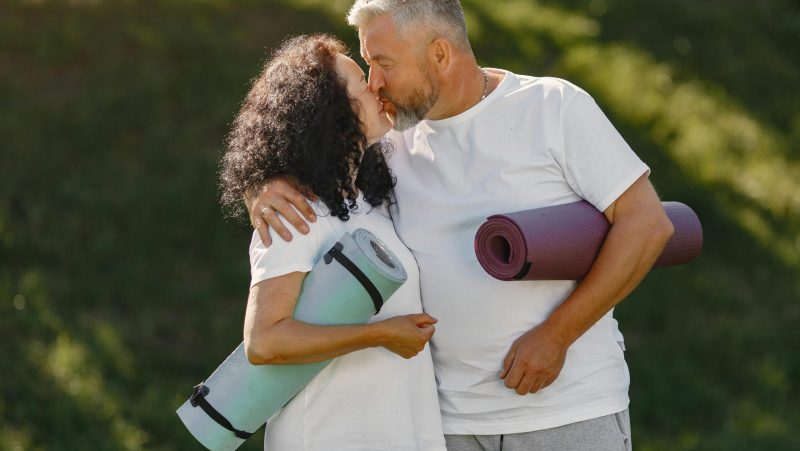
Scratchy, Sore Throat? Yes!
Unveiling the Early Signs of a Resilient Immune System and How to Support It - By Alison Cullen
Reading time: 3 minutes
You feel the first scratch of a prickly throat, you’re too warm and then slightly shivery, and suddenly you’re unaccountably tired and longing for your bed.
Don’t worry! This doesn’t herald imminent collapse, but rather the first signs of your immune system springing into action, determined to protect you from whatever bug is attempting to claim your body as its territory.
When your immune system detects an alien invader:
- Inflammatory chemicals are produced to call up more immune cells and make it easier for them to travel through blood vessels and tissues to the site of the invasion.
- Your temperature rises, partly to facilitate making tissues more permeable for immune cells, but partly to help break down bugs – burn them out!
- Lymph glands swell as immune cells are mustered and become highly active, attacking viral or bacterial particles from the bloodstream.
- Protein is pulled from muscles to fuel the activity of immune cells, leaving your muscles limper and possibly achy.
- Mucus production ramps up, as viral and bacterial particles are caught in the sticky goo, which can then be coughed or blown out.
So, all these signs are positive (however manky they may make you feel in the meantime), as they indicate that the immune system is cracking on with its job of ridding your body of the enemy invader.
And yes, you’re likely to feel tired: it is natural for people to go to bed when they are sick. Substances produced by the immune system to help fight infection also cause fatigue. One theory proposes that the immune system evolved ‘sleepiness inducing factors’ because inactivity and sleep provided an advantage: those who slept more when faced with an infection were better able to fight that infection than those who slept less.
In fact, research in animals suggests that those animals who obtain more deep sleep following experimental challenge by microbial infection have a better chance of survival. So, don’t be a pointless hero and trip up your immune system’s best efforts at getting you better. Accept that a little down time now will mean faster improvements and better long-term recovery.
Help your immune system do its job
- Slow down, and take some additional rest. This also stops you spreading your bug far and wide, as you struggle to continue with your normal round of activities.
- Keep drinking – as much warm water as you can (add lemon or lime if you prefer it that way, for extra vitamin C), with additional hot honey and lemon drinks, and Echinaforce Hot Drink, which is flavoured with black elderberry.
- Stay warm, but keep your room ventilated so that fresh air can circulate regularly.
- Blow your nose, cough up phlegm, and generally evacuate all areas as often as possible!
- Take extra Echinacea, vitamin C*, zinc, and top up your vitamin D if you don’t already take it.
- Eat lightly, and go for veggie soups and stewed fruit, to put in nutrients without a heavy digestive load. You need all your energy to go to your hard-working immune cells.
- Rejoice that your immune system is on the case and capable of showing bugs who’s boss.
What not to do
Unless your cold is not showing signs of budging at all, with symptoms as bad as ever after 10 days, there’s no need to hightail it to your doctor’s and beg for medication. Antibiotics, which people often think of when the common cold hits their horizon, are only effective for bacterial infections, whereas the vast majority of colds are caused by viruses.
When you use antibiotics for anything other than a bacterial infection, it won’t do you any good but it will kill off the friendly bacteria in your gut, weakening your immune system for the future.
In addition, the incorrect use of antibiotics allows bacteria to become more resistant. Every time an antibiotic is used, some bacteria evade its actions, and those strains go on to thrive in the arena emptied of competition. Over the years since antibiotics were first introduced, more and more resistant strains have evolved, meaning the many antibiotics are now not working against the infections they used to slay.
Want to know what an immunologist thinks?
I spoke with Immunologist and Senior Lecturer at Sussex University, Dr Jenna Macciochi, and this is what she had to say:
"There is a real urgency and unmet need to address antibiotic resistance, encourage responsible use of antimicrobial medications and utilise help from herbs that have natural antimicrobial properties. Herbal preparations from Echinacea purpurea contain a variety of compounds that have been clinically shown to have a diverse array of protective effects.
These include both cell-protective as well as working on the infection itself, both viral and bacteria that can cause secondary bacterial infections. Rather than linking the benefits to one compound, the efficacy of Echinacea is down to the synergistic effects of the complex substance mixture helping it to deliver broad range effects on infection.
Echinacea offers an exciting opportunity for a future where we win the battle with antibiotic resistance and reducing unnecessary prescriptions of antibiotics, keeping them reserved for those situations where it is needed most.”
*commission earned from this link.







